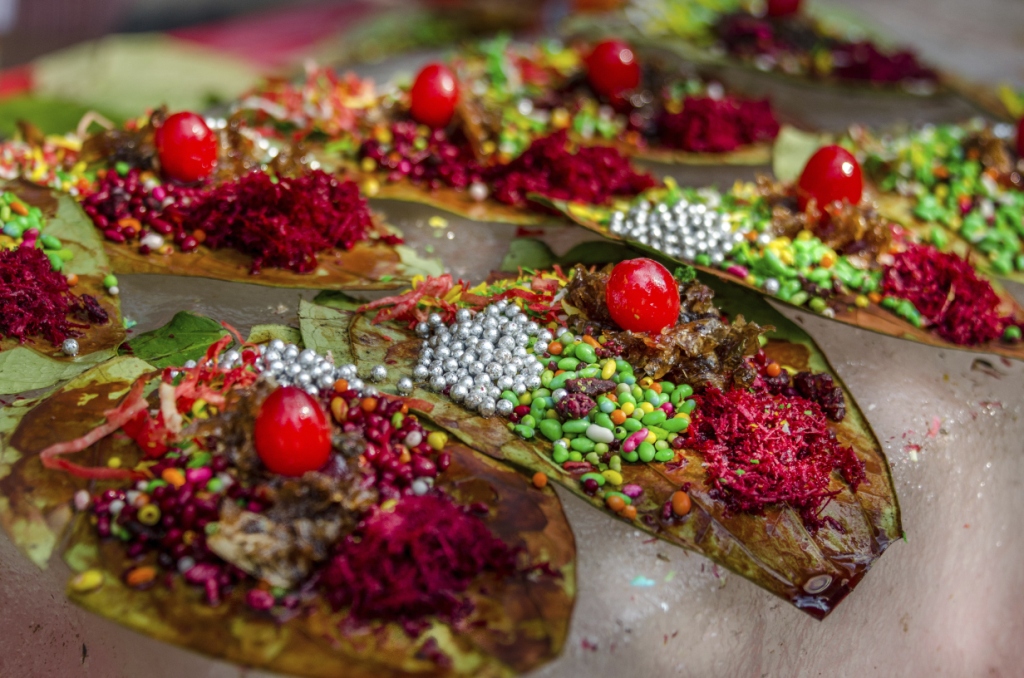In India, Betel leaf plays an important role since ancient culture. Its use in India dates back to 400 BC. As per ancient books of Ayurveda, Charaka, Sushruta Samhitas, and Kashyapa Bhojanakalpa, the practice of chewing BL after meals became common between 75 AD and 300 AD. Toward the 13th century, European traveler Marco Polo recorded betel chewing among kings and nobles in India.
Scientists at University of Calcutta and Indian Institute of Chemical Biology have examined nine varieties of betel leaf and identified the ones that can reduce inflammation. The new finding on paan or betel leaf could provide the key to unlock an arsenal of anti-inflammatory drugs, claim Indian researchers.
The findings were presented at a conference here and, according to researchers, will pave the way for the “possible development of new class of anti-inflammatory drugs”.
Among the nine varieties, five showed anti-inflammatory properties, one showed the tendency to cause inflammation and three didn't show significant anti-inflammatory activity. Inflammation, such as pain, soreness or swellings, are important immune responses and several naturally occurring products as leafy greens have the power to curb inflammation and prevent diseases.
Used in common remedies
Betel leaves or paan are eulogized by ayurveda acharyas for their immense medicinal properties. Betel plant or Piper betle is a vine which belongs to Piperaceae family. This vine has heart shaped leaves. Betel leaf has been used from ancient times as an aromatic stimulant and anti-flatulent. Its leaf is used in several common household remedies, because this plant can easily grow in the yard. It is useful in arresting secretion or bleeding, strengthen the teeth, to overcome body and mouth odor, itchiness, nosebleed, ulceration, vaginal discharge and as an aphrodisiac because this leaf contains antiseptic substance that kill the germs.
12 reasons you should chew betel leaves
- Improves digestion
- Prevents carcinogenesis in the oral cavity
- Helps maintain good oral hygiene
- As an aphrodisiac
- Treats gastric ulcers.
- Treatment of warts
- Cure boils
- Treats diabetes
- Treats cough
- Relieves headache.
- Heals wounds
- Cures constipation
Source: mynahcare.com, timesofindia, thehealthsite.com, South Asian J Cancer. 2013 Jul-Sep; 2(3): 140–141
